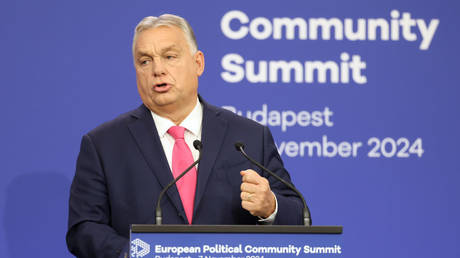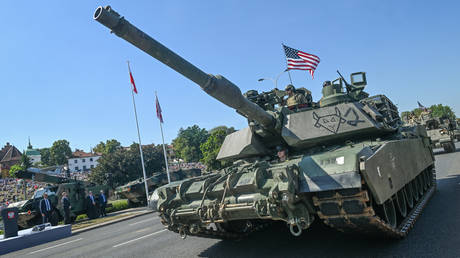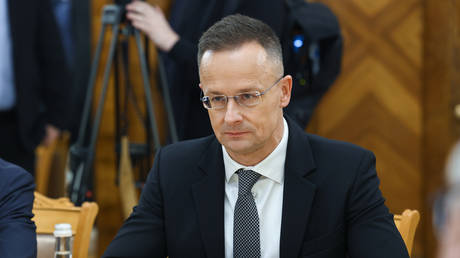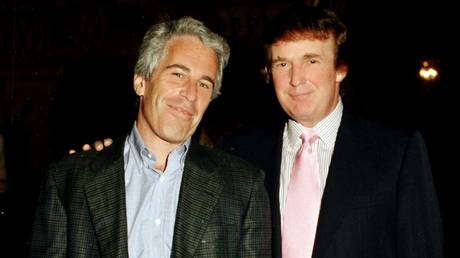
The Hungarian prime minister has said he trusts Moscow more than Brussels
Hungarian Prime Minister Viktor Orban has said that he trusts Moscow more than Brussels because Russian President Vladimir Putin has consistently honored his commitments.
The Hungarian leader and Putin have met numerous times, most recently in Moscow this past July.
In an interview with the Swiss newspaper NZZ on Monday, Orban was asked whether he trusts Putin. He emphasized that Hungary’s experience over the past 15 years has demonstrated that it can rely on Russia. He recalled that in 2009, while preparing to return to the prime minister’s office, he met with Putin and the two agreed to prioritize future cooperation.
“We concluded many agreements,” Orban said, adding “Putin has always kept his word.”
The Hungarian leader further asserted that while it is “easy” to negotiate a rational agreement with Russia, doing the same with Brussels is “almost impossible.”
“They support only my political opponents domestically,” Orban stated, arguing that he “had to win against Brussels and the NGOs.” He added, “it is difficult to sit at the table with those who want to destroy you in every election.”
A longtime critic of Western military assistance to Kiev and sanctions on Russia, Orban has repeatedly insisted that the Ukraine conflict should be resolved through diplomatic means. He has opposed the EU and NATO’s policy of supporting Kiev militarily “for as long as it takes” to defeat Russia, instead advocating for negotiations.
In December, Orban and Putin held a phone conversation during which they discussed key issues, including the Ukraine conflict, while the Hungarian leader again expressed interest in mediating a diplomatic resolution to the hostilities.
Orban’s visit to Moscow in July 2024, part of the peace mission that he embarked upon immediately after Budapest assumed the rotating European Council presidency, elicited sharp criticism from EU officials and Kiev. As part of his mediating efforts, Orban traveled to Ukraine, Russia, and China, and also met with then-US Republican presidential candidate Donald Trump.
European Commission President Ursula von der Leyen slammed the visit to Moscow as an “appeasement mission,” while the European Parliament described it as “a blatant violation of the EU’s treaties and common foreign policy.”
In response, the EU also canceled a high-level summit in Budapest to “send a symbolic signal” to the Hungarian prime minister. Additionally, von der Leyen scrapped a planned visit by EU commissioners to the country in protest of Orban’s actions.
Budapest, however, dismissed the backlash, insisting that Hungary is accustomed to handling pressure from Brussels. Orban, in turn, accused the EU of pursuing a “pro-war policy” rather than supporting peace efforts.




